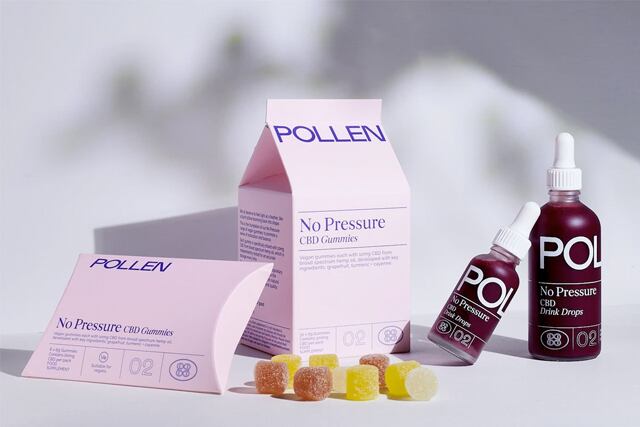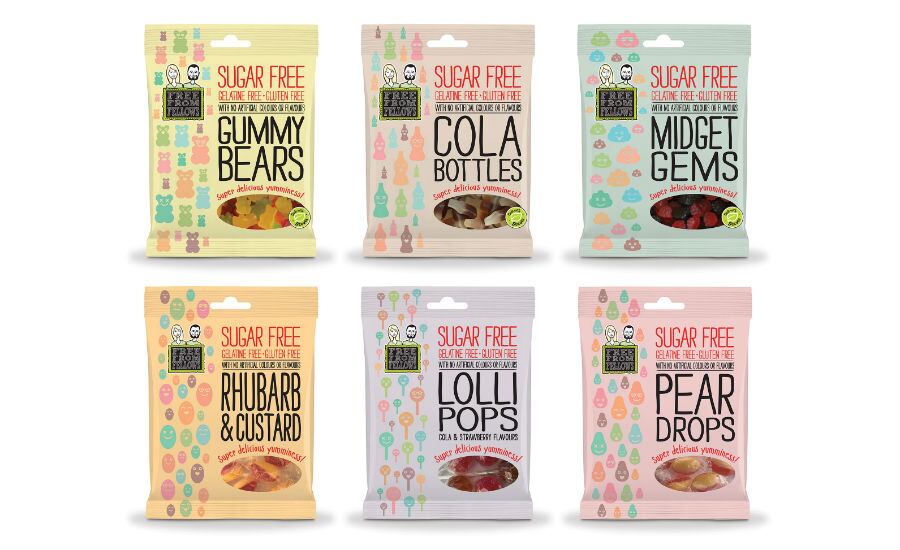What are functional foods?
According to nutrition.org.uk the term ‘functional’ is sometimes used to describe foods and drinks that are enriched with particular nutrients or substances that have the potential to positively influence health over and above their basic nutritional value
“A functional ingredient can be defined as a dietary ingredient that affects its host in a targeted manner so as to exert positive effects that justify certain health claims. In other words, foods containing these ingredients (functional foods) are foods that have health promoting properties over and above their nutritional value.”
In confectionery and candy, especially gummies and jellies, the better-for-you alternatives are continuing to grow in popularity, with new technology easily matching flavors, making functional products tastier, therefore better suiting the health conscious consumer.
In our special series on functional jellies, we identify that one of the key areas will be innovation and the race to get nutrients into the body via gummies or jellies.
One ingredient creating a buzz is water-soluble CBD. In the jellies and gummies space, it can be used to produce CBD infused sweets. Using proprietary, state-of-the-art technology, CBD particles are broken down into tiny nanoparticles that are so small they can eventually infuse into water or other liquids.
CBD is a phytocannabinoid discovered in 1940. It is one of some 114 identified cannabinoids in cannabis plants and accounts for up to 40% of the plant's extract. Unlike THC, which is responsible for cannabis’s ‘high’, CBD is not psychoactive.
The jury is still out on its health benefits, but it has been known to help with reducing anxiety, insomnia and different types of chronic pain.
Germany confirms novel food classification of CBD
The German government recently provided a boost to the market when it confirmed that cannabidiol (CBD) is to be classified as ‘novel food’, following a similar move by the European Commission (EC), which added CBD to its Novel Food Catalogue in January this year.
But CBD legislation elsewhere is still going to be headache moving into 2020 and beyond, because the legal status of products containing CBD is far from clear.
In the US, the law varies from state to state and because CBD now falls under the Novel Food category in the EU, it means manufactures are not allowed to sell without authorization, although some countries do allow sales – including the UK, which is planning to leave the EU and has become a haven for CBD firms.
China cravings
Another emerging market functional confectionery innovation and sales is in China.
While traditional sugar confectionery has decreased in market value, functional confectionery continues to rise. However, its penetration rate is still low compared with other subcategories, but popular ingredients for the Chinese consumer include iron, collagen and taurine in products, driving demand onwards.




